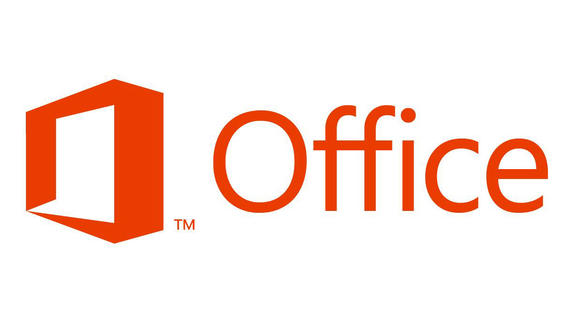Something to Note: MS Office 2013 Licenses Tied to Hardware

Something to Note: MS Office 2013 Licenses Tied to Hardware
**Update March 6: **According to this article by theverge, Microsoft has changed it's policy and allows users to transfer licenses every 90 days.
Original Article:
With the coming of a new version of Windows also comes a new version of Office. People have come to expect change with each new revision of the popular software suite. One of the biggest change to the 2013 version though is not from another UI overhaul but rather licenses.
If you are not aware, when you buy a software you don't "own" it per se. You simply bought a license to use it for a set amount of hardware. Normally, you get a serial or cd-key and you can install up to a few computers (or transfer it to a new computer) by just using the same key. With Office 2013, your key is tied to your hardware. That's right. Read that again.
That means if you want to upgrade to a new computer, you'll have to buy a new license (I hear a "screw that" reaction, rightfully so). That doesn't seem so bad but what if you a major component of your PC breaks down (IE motherboard), I'm not sure if you can re-install again.
Why?
A good question is to ask is why Microsoft. As the linked article mentions, only about 20% of Office revenue actually come from business. A possible theory is that MS wants to move people to the new "Office 365". As far as a quick google shows, Office 365 contains the Office suite of applications along with some "cloud" functionality. Sounds like a good idea except for the fact that it costs $99 a year for up to 5 computers. I'm not really sure most people really need the latest version of Office to justify the cost per year. From the looks of it, this decision seems more of a way to get more revenue out of users.
Here is another interesting article from PC World about the matter.
What would have been better solutions
Instead of just tying MS Office to hardware there are a lot of alternative ways that could have been taken. First, you could have just tied an MS Office Key to a Windows/MS Live account so that you can authorize and deauthorize machines similar to iTunes (I don't know if iTunes still does this). Second, make it cheaper.
That sounds like a very simple statement but let's look at the situation. MS Office costs about $120. No wonder it's one of the most pirated software. It's too expensive for a normal user. Yes, it is powerful but most people don't need the advanced features. Looking at this from a new PC buyer, I already paid $100-$120 for Windows OS if I buy office that's $240 just for software. Come up with a $50 "basic" pack which just includes core Word, Excel and Powerpoint and you have a sale. You could even just make it a "combo" deal with the OS.
Alternatives to MS Office
If you want to use a productivity suite and you are not normally sharing it with a good number of people, there is good news. There are some pretty good alternatives that can be found online. Keep in mind that the de facto standard is and sadly for the near future is MS Office. If you need to give or receive files especially for work/business then you probably have to go MS Office. Again, if you just need to make basic documents, spreadsheets for your personal use, the alternatives below are great in that regard.
First up is the ever evolving Google Docs. Google Docs, right now, is looking like a decent alternative. It can open most MS Office files but sometimes the formatting may be a bit off. You can make use of Google Cloud Print and make the office suite even more useful. With a Google account, you can save your files in Google servers via Google Drive cloud locker service. That allows you to access all of your documents on almost any internet-connected device. What's the catch? Well Google has to make money somehow. It does so with ads. You won't see it in GDocs but you'll find it when you use other services from the company. It`s not a bad trade-off and besides you're probably already doing it already.
Second on our list is LibreOffice. As the spanish term libre implies, it is free. If you remember a few years ago there was Open Office that was built to be the open-source alternative to MS Office. What is open source? Basically, the software's code is available and you can freely modify if you do so wish. And many people did modify and contribute to the project. What happened to Open Office was that there was very slow progress to Open Office mostly due to political reasons. LibreOffice is the spin-off to Open Office. Initial impression makes it seem much lighter, better designed and faster version updates. You can check it out here.
Make sure you know what you're getting into if you are thinking of getting MS Office.


